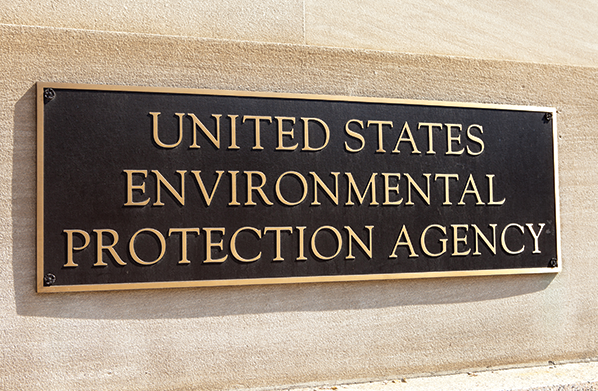The transparency heavyweight Judicial Watch has filed a lawsuit against the Environmental Protection Agency after it refused to release public records about so-called “environmental justice” grants it had awarded to activists.
The Daily Caller reports:
Judicial Watch filed suit Monday after the EPA failed to comply with a 2015 Freedom of Information Act (FOIA) request seeking records of environmental justice grants and their associated proposals during the Obama administration.
“The Obama EPA’s ‘environmental justice’ slush fund for its left-wing allies needs to be exposed,” Judicial Watch President Tom Fitton said in a statement. “This is a simple records request and the fact that the Obama EPA ignored it for years tells you the agency has something to hide.”
Since 1994, the EPA has awarded roughly $24 million in taxpayer money to small community organizations involved in environmental activism, according to the Daily Caller. But critics worry that the groups are using that grant money to advance overtly partisan political agendas.
If the organization suing the EPA sounds familiar, it’s because a Judicial Watch public-records request cracked open the investigation into Hillary Clinton’s secret email server, which became a central issue during the 2016 presidential election.
The EPA deserves to come up against such a formidable transparency advocate. The agency’s withholding of public records about these grants is in keeping with the its horrendous transparency under the Obama administration. Forbes reported last year:
Multiple U.S. Senate reports have found Obama administration officials at the Environmental Protection Agency (EPA) and other government environmental agencies have repeatedly attempted to avoid public input at meetings or have worked to limit scrutiny by hiding information that ought to have been made readily available…
EPA utilized a variety of techniques to hide information from the public. To avoid having the names of environmental lobbyists appear on agency visitor logs, EPA employees met them at nearby cafes, parks and at townhouses. After this practice became known, officials fought against disclosure in court, arguing the names and dates were immune to FOIA requests. In violation of official administration policies, EPA and environmental activists used personal email accounts, rather than work email accounts, to exchange ideas, develop regulations, and coordinate public relations and marketing plans to generate support for proposed agency regulations. Officials have also used FACA loopholes and FOIA exemptions to close more than 60% of committee meetings to the public.
The Trump administration would do well to reverse this shameful record. Meanwhile, the agency’s reticence on its grants to activists once again raises the question about what the EPA has to hide.


